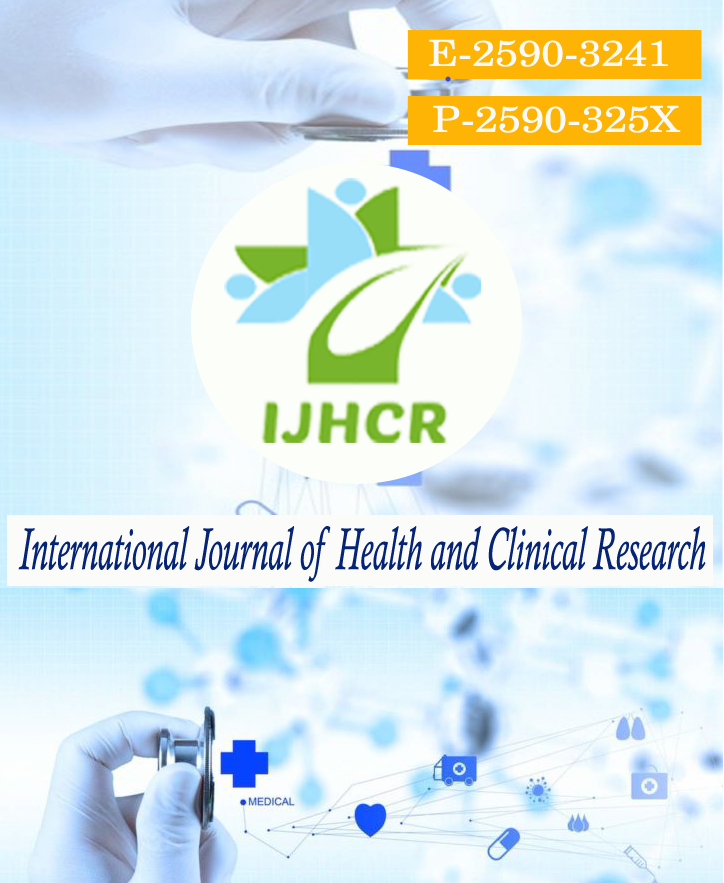
International Journal of Health and Clinical Research
Yazarlar: Kirankanth Vudayana, Sappa Ramatulasi, Swamy Naidu Dasari, Jahnavi Chaduvula, Dilip Chandra Chintada, Sree Gowthami Indana, Swethana Sree Dharapalli
Konular:-
Anahtar Kelimeler:Preterm,Neonatal dermatoses,Mongolian spot Physiological jaundice
Özet: Background: The skin is a complex and dynamic organ that performs numerous vital functions. The maturation process, starts at birth with the adaptation of skin to the relatively dry environment compared to in utero milieu. Thus the skin of the preterm especially with low birth weight neonates is very delicate, immature, has weaker dermo-epidermal attachment which place them at higher risk of systemic dissemination from cutaneous. Methods: Study design: This is a cross-sectional study. Study Center: Neonatology Unit, Great Eastern Medical School and Hospital, Ragolu, Srikakulam. Study Period: 6 months SEPTEMBER 2019 to MARCH 2020. Sample Size: Sixty preterm neonates with cutaneous changes. Results: Out of 60 patients male to female ratio is 1.6. The most common presentation was Mongolian spot at lumbosacral area was found in 73%. The second most common physiological finding was physiological jaundice which was found in 66%. The third most common finding was milia which were present in 36 (60%) of babies. The fourth most common dermatoses was found to be epstein pearl which was present in 30(50%) of babies. Conclusion: The present study was conducted to know various dermatoses associated with newborn. We also studied the association of dermatoses with various physiological and pathological neonatal dermatoses and their prevalence.